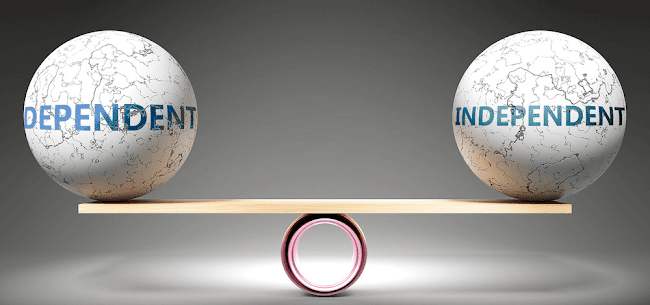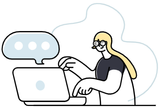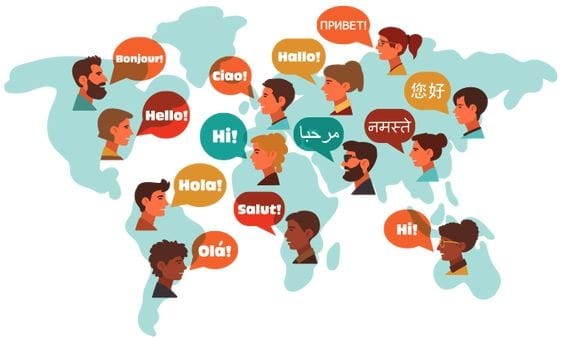The Science Behind Why We Resist Advice: Understanding Human Independence vs Dependence

The Paradox of Human Connection and Autonomy
Have you ever wondered why, despite our inherently social nature, many of us bristle at unsolicited advice? This seemingly contradictory behaviour lies at the heart of our complex psychological makeup, where the desire for independence frequently clashes with our need for connection and guidance.
The Neuroscience of Resistance
Research in neuroscience has revealed fascinating insights into why we often reject others' advice, even when it might benefit us. When someone offers unsolicited advice, our amygdala—the brain's emotional centre—can trigger a threat response. This reaction stems from our evolutionary past, where maintaining autonomy could mean the difference between survival and vulnerability.
Studies have shown that this resistance activates the same neural pathways associated with physical threats, explaining why unsolicited advice can feel like an attack on our personal agency. The anterior cingulate cortex, responsible for decision-making and emotional regulation, becomes particularly active when we process advice that challenges our existing beliefs or choices.
The Independence-Dependence Spectrum
In her groundbreaking book "Energy Rising: The Neuroscience of Leading with Emotional Power" (2023, Dr Julia Di-Gangi) explores the need for both dependence and independence.
Our relationship with advice exists on a spectrum between independence and dependence, influenced by cultural, personal, and situational factors. Western societies, in particular, tend to prioritise individualism and self-reliance, potentially amplifying our resistance to external input.
However, this cultural emphasis on independence can create a significant blind spot. While we might perceive accepting advice as a sign of weakness, research suggests that those who can effectively integrate others' perspectives often achieve better outcomes in both personal and professional spheres.
The Role of Ego and Self-Identity
Our sense of self plays a crucial role in how we receive advice. When someone suggests a different approach, it can feel like an implicit criticism of our judgment, triggering what psychologists call "ego threat." This defensive response often leads us to dismiss valuable insights simply to preserve our self-image.
Breaking Down the Barriers: The Power of Journalling and Sharing
One effective way to navigate this complex dynamic is through journalling and collaborative sharing. By documenting our thoughts and experiences in a private space first, we create a buffer zone where we can process advice and feedback without immediate defensive reactions.
The popular podcast "Hidden Brain" hosted by Shankar Vedantam dedicated an entire episode titled "The Voice in Your Head" to exploring how self-reflection and shared experiences can help bridge the gap between independence and beneficial interdependence. The episode particularly highlighted how written self-expression can help us process and integrate advice more effectively.
The Biological Benefits of Sharing
Interestingly, when we share our experiences and openly discuss our challenges, our brains release oxytocin—often called the "bonding hormone." This biological response suggests that we're naturally wired to benefit from collaborative problem-solving, even though our conscious minds might resist it.
Creating Balanced Independence
The key lies not in completely abandoning our independence or blindly accepting all advice, but in developing what psychologists call "secure interdependence." This state allows us to maintain our autonomy while remaining open to the wisdom and experience of others.
The Way Forward: Building Healthy Support Systems
Understanding our natural resistance to advice is the first step toward creating more effective support systems. By acknowledging our defensive reactions and consciously choosing to remain open to different perspectives, we can better navigate the balance between independence and beneficial collaboration.
A Call to Action
Are you ready to explore this balance in your own life? Join our growing community at Sharings.Me, where we've created a safe, structured space for journalling and collaborative sharing. Our platform is designed to honour both your independence and your capacity for growth through connection.
At Sharings.Me, you can:
- Maintain private journals to process your thoughts and experiences
- Share selected entries with a supportive community
- Engage with others' experiences in a non-judgmental environment
- Learn from collective wisdom while maintaining personal boundaries
Understanding our resistance to advice doesn't mean we need to change our entire approach to independence. Instead, it invites us to create more nuanced ways of engaging with others' perspectives while honouring our own journey.
Join us at Sharings.Me today and discover how balanced independence can enhance your personal growth journey. Together, we can create a community that respects individual autonomy while fostering meaningful connections and shared learning.
PsychologicalResistance #HumanBehaviour #PersonalGrowth #JournallingBenefits #CommunitySupport




